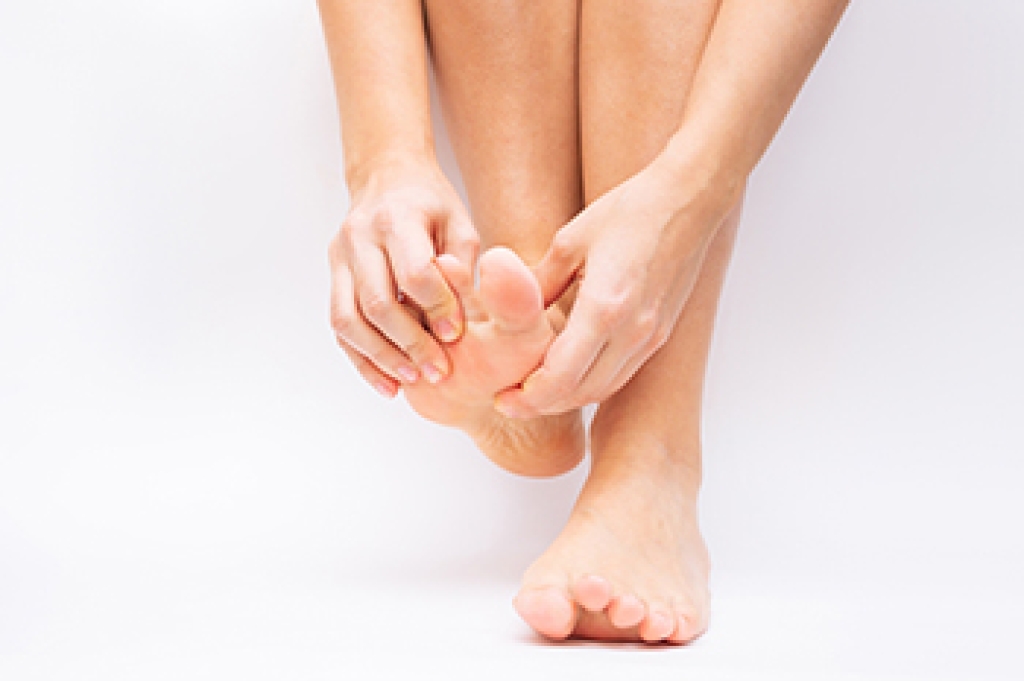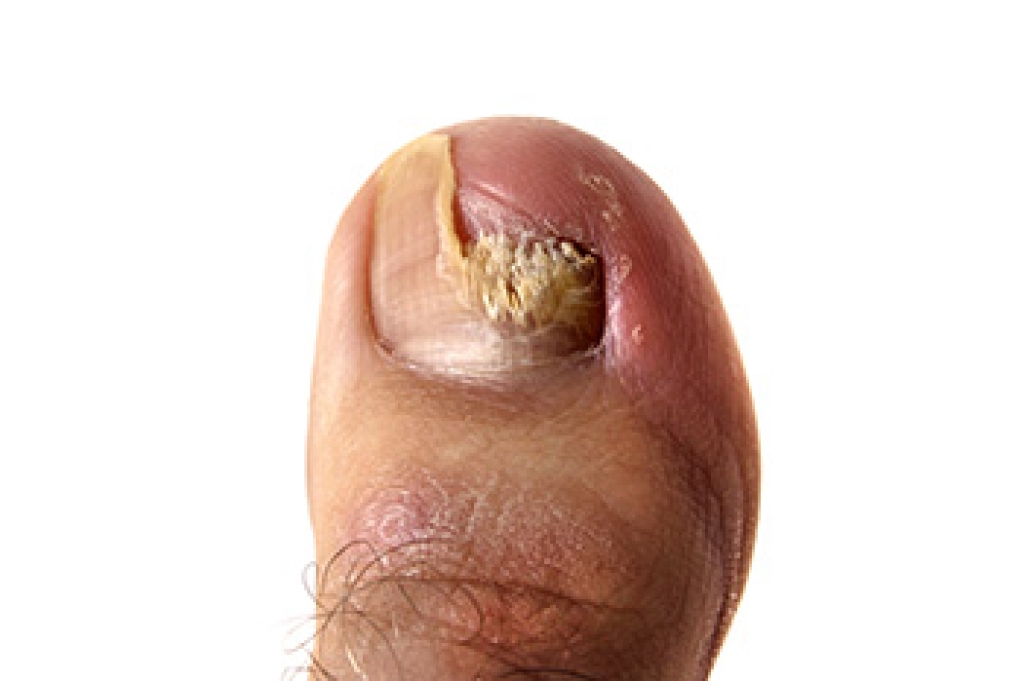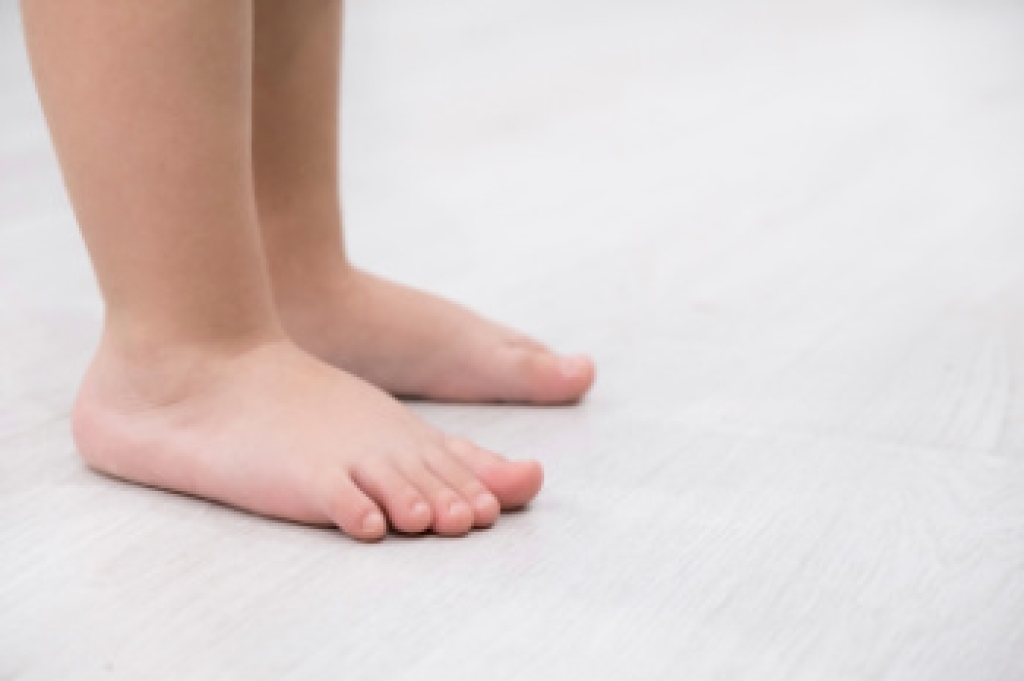
Foot drop syndrome occurs when a person cannot lift the front of the foot, causing the toes to drag while walking. This can make walking difficult and lead to a high-stepping motion, called a steppage gait. Foot drop can affect one or both feet. It often results from nerve injury, muscle weakness, or brain disorders that affect muscle control. Sometimes, pressure on the peroneal nerve near the knee or trauma to the leg can cause foot drop. A podiatrist can help by checking muscle strength, testing nerve function, and studying foot movement to find the cause. They can order imaging or nerve tests and fit ankle-foot braces or orthotic inserts to improve walking. Surgical remedies can be discussed if nerve or muscle damage is deemed permanent. If you are experiencing symptoms of foot drop when you walk, it is suggested that you make an appointment with a podiatrist for a diagnosis and treatment options.
If you have any concerns about your feet, contact Cory Brown, DPM from Cory Brown, DPM. Our doctor can provide the care you need to keep you pain-free and on your feet.
Biomechanics in Podiatry
Podiatric biomechanics is a particular sector of specialty podiatry with licensed practitioners who are trained to diagnose and treat conditions affecting the foot, ankle and lower leg. Biomechanics deals with the forces that act against the body, causing an interference with the biological structures. It focuses on the movement of the ankle, the foot and the forces that interact with them.
A History of Biomechanics
- Biomechanics dates back to the BC era in Egypt where evidence of professional foot care has been recorded.
- In 1974, biomechanics gained a higher profile from the studies of Merton Root, who claimed that by changing or controlling the forces between the ankle and the foot, corrections or conditions could be implemented to gain strength and coordination in the area.
Modern technological improvements are based on past theories and therapeutic processes that provide a better understanding of podiatric concepts for biomechanics. Computers can provide accurate information about the forces and patterns of the feet and lower legs.
Understanding biomechanics of the feet can help improve and eliminate pain, stopping further stress to the foot.
If you have any questions please feel free to contact our office located in Lewiston, ID . We offer the newest diagnostic and treatment technologies for all your foot and ankle needs.




